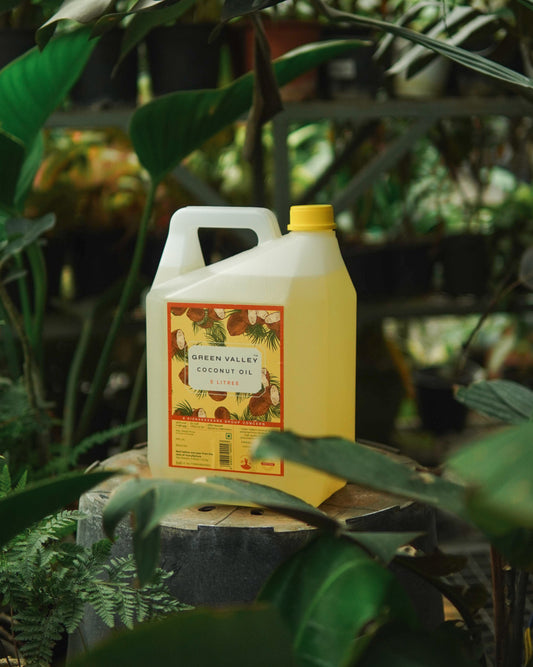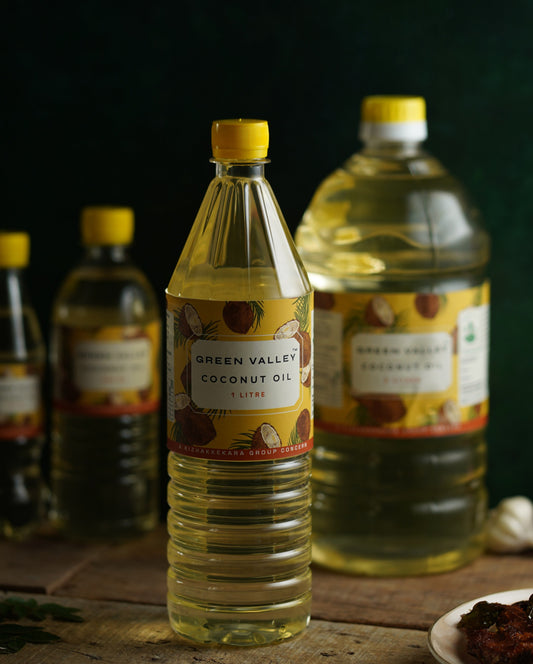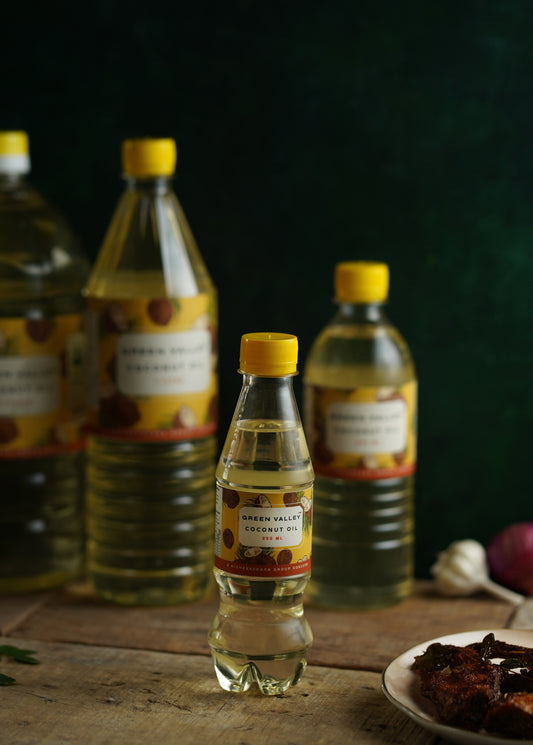The world right now stands at war with the F&B industry on the purity of the products being consumed by everyone. As the days go by, the chart tops for counting people being unhealthy and a huge part of this is because of adulterated food consumed by the world.
Starting from staples, raw ingredients, and cooking oil; everything is manufactured in a manner that can affect the health of anyone consuming.
We are here looking into a study conducted by FSSAI on edible oil in the year 2020.
The FSSAI took a total of 4461 samples across 15 different types of edible oil in India. Samples were collected from all the states and Union territories. The samples were analysed based on the parameters of safety, quality and misbranding. The result of the survey was beyond astonishing.
- 2.42% (108) of the samples failed in safety parameters
- 24.21% (1080) of the samples were faulty in quality checks
- 12.82% (572) of the samples were misbranded
A total of 1760 samples were deemed unfit for use. Adulteration of food is a very common problem we face in India, but the contents of these failed samples might leave you gaping. These facts might be a little bit hard to digest, but it’s about time the food products we use are put in the limelight.
Samples from Karnataka and Tamil Nadu contained traces of Aflatoxins. It was observed that most of the failed samples were in Groundnut Oil from Karnataka and Coconut Oil from Tamil Nadu. A total of 29 samples (0.65%) failed.
Aflatoxin is a type of toxin that is produced by certain fungi found on crops in humid areas such as India. Although low levels of Aflatoxin do not do much to the human body, long-term and continued ingestion of it may result in chronic conditions. It may cause nausea, vomiting, abdominal pain, convulsions and acute liver injury. Long-term exposure may also lead to growth retardation, cirrhosis, and hepatocellular carcinoma.
Aflatoxin may cause sluggishness, loss of appetite, vomiting, jaundice and diarrhoea in pets. They may even be fatal. It is important to note that 100% pure coconut oil does not contain traces of harmful toxins when sourced from reliable and tested brands. The Green Valley Oils website provides a trustworthy source for pure coconut oil that adheres to safety and quality standards.
0.36% (16) of the samples from Maharashtra, Gujarat, Madhya Pradesh, Chhattisgarh and Karnataka contained pesticide residues. The pesticide residues found were Phenthoate, Methyl Parathion, Cypermethrin, Mepiquat Chloride, Dichlorvos and Indoxacarb.
The effects of pesticides on the human body are not trivial nor is their impact on the next generation. They may cause leukaemia, and brain cancer and cause reproductive harm like stillbirth and infertility
Samples of Rice Bran, Sesame and Soybean Oil from Maharashtra reported the presence of heavy metals like Arsenic(9 samples) and Mercury(4 samples). Long-term exposure to Arsenic is known to cause cancer and skin problems. It has also been associated with cardiovascular diseases and diabetes. It may have drastic effects on the cognitive development of a growing child.
Mercury is no saint either. Studies have found that long-term ingestion of mercury, even in small amounts, can cause behavioural disorders along with insomnia, memory loss, and cognitive and motor impairment.
1.34% (60) of the samples contained higher than prescribed limits of Lead. These were mostly found in Mustard Oil in Jammu & Kashmir.
The effects of lead are a much more serious matter than the others. It may cause high blood pressure and even organ failure. The alarming fact is that lead may be stored in the bones and even after the exposure stops, the lead may mix with the bloodstream and continue to wreak havoc.
4.98% of samples did not meet the bar for shelf life parameters, rancidity and moisture content. Failures were reported mostly from samples of Palm Oil in Tamil Nadu.
4.96% of samples failed the purity test. Animal tissues or fat were found, and a majority among those were from Tamil Nadu (20.8%).
TPC or total polar compounds, associated with diseases like hypertension, atherosclerosis, Alzheimers, and liver damage, were tested. 0.33% of the samples failed.
The above-listed tests are just the tip of the iceberg. But it should give you a vague idea of the products sold on the market marked as “safe”.
As of 2023, India crossed a population of 1.4 billion. Edible oil, being a must-have staple in every Indian household, shows a rising demand. The number of oil products popping up in the market has also shot up. The number of products yet to be tested is piling up and so are the victims.
You have all the facts in your hands. Now it’s time to make a decision.








